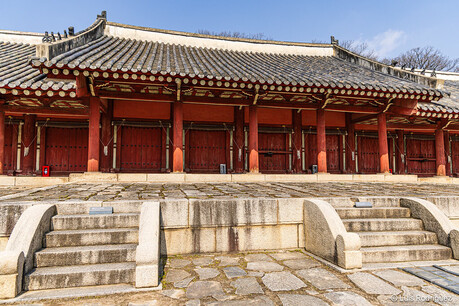
New York – Shares of Nvidia (NVDA) have experienced a dramatic two-day sell-off, erasing a staggering $270 billion from its market capitalization, as the United States government intensifies its restrictions on the export of advanced artificial intelligence (AI) chips to China. The steep decline, totaling approximately 10%, has sent ripples of concern through the investment community, particularly among retail investors who have flocked to the AI chip giant.
On Friday, Nvidia's stock closed at $101.49 on the New York Stock Exchange, marking a 2.93% drop. This followed a significant 6.87% fall on Thursday, bringing the company's market capitalization down to $2.476 trillion. The primary catalyst for this sharp downturn is the latest move by the US government, under the Trump administration, to further tighten export controls on Nvidia's specialized AI processors destined for China.
For some time, the US has been implementing measures to limit the flow of high-end AI chips to China, citing national security concerns and the potential for these technologies to be used for military purposes. In response to these restrictions, Nvidia ingeniously developed the H20 chip, a modified version of its advanced AI processors specifically designed to comply with the existing export regulations while still offering significant AI processing capabilities for the Chinese market. This strategy had allowed Nvidia to maintain a substantial presence in the burgeoning Chinese AI sector.
However, the US government has now deemed that even the H20 chip requires a special export license before it can be shipped to China. This unexpected tightening of the rules has caught Nvidia off guard and is projected to have a significant financial impact on the company. Nvidia itself estimates that these new restrictions could result in a $5.5 billion hit to its future revenue.
The recent escalation in export controls is widely interpreted as a strategic move by the US to impede China's rapid advancements in artificial intelligence, a field considered crucial for future economic and military competitiveness. This action appears to be distinct from the broader trade tensions between the two nations and underscores the US's growing unease over China's technological prowess in AI.
This heightened concern was reportedly amplified by a recent breakthrough from the Chinese AI company DeepSeek. In January, DeepSeek unveiled a chatbot that purportedly outperformed its US counterparts despite utilizing a smaller number of specialized AI chips. This development sent shockwaves through the US AI industry, drawing comparisons to the "Sputnik shock" of the Cold War era, highlighting a perceived technological surprise that demanded a response.
Crucially, the AI chips powering DeepSeek's impressive chatbot were identified as Nvidia's H20, the very chip now facing stricter export controls. Following DeepSeek's demonstration, Chinese tech companies reportedly began procuring the H20 in significant quantities, raising fears within the US government that this could accelerate China's AI capabilities and potentially erode the US's technological lead.
The implications of these export restrictions extend beyond Nvidia's financial performance. A report issued by the prominent US investment bank JP Morgan forecasts that the Trump administration's latest measures could reduce Nvidia's annual revenue and earnings per share by 8% to 10%. This significant projected impact underscores the importance of the Chinese market to Nvidia's overall business strategy and revenue streams.
In a sign of the escalating tensions and the high stakes involved, reports have emerged that Nvidia's CEO, Jensen Huang, has traveled to Beijing to engage in discussions with Chinese government officials. This high-level engagement suggests that Nvidia is actively seeking to understand the implications of the new regulations and potentially negotiate a path forward in the complex landscape of US-China semiconductor relations.
The US government's decision to further restrict AI chip exports to China represents a significant escalation in the technology rivalry between the two global powers. While the aim is to safeguard US national security and maintain its technological edge in AI, the move carries substantial risks. It could potentially stifle innovation in both countries, disrupt global supply chains, and incentivize China to accelerate its own domestic development of advanced AI chips, potentially leading to technological self-sufficiency and reducing reliance on US technology in the long run.
For Nvidia, the immediate impact is a significant revenue hit and increased uncertainty in a crucial market. The company, which has become a darling of investors due to its dominant position in the AI chip market, now faces the challenge of navigating these complex geopolitical headwinds. The sharp decline in its stock price reflects the market's apprehension about the future growth prospects of a company so heavily reliant on the demand for its high-performance computing solutions, particularly from the Chinese AI sector.
The situation underscores the delicate balance that technology companies must strike in an increasingly fractured global landscape. As the US and China continue to vie for technological supremacy, companies like Nvidia find themselves caught in the crossfire, forced to adapt to rapidly changing regulations and geopolitical realities. The long-term consequences of these export controls on the global AI industry and the intricate relationship between the world's two largest economies remain to be seen, but the immediate impact on Nvidia and its investors is undeniably significant.
[Copyright (c) Global Economic Times. All Rights Reserved.]






























